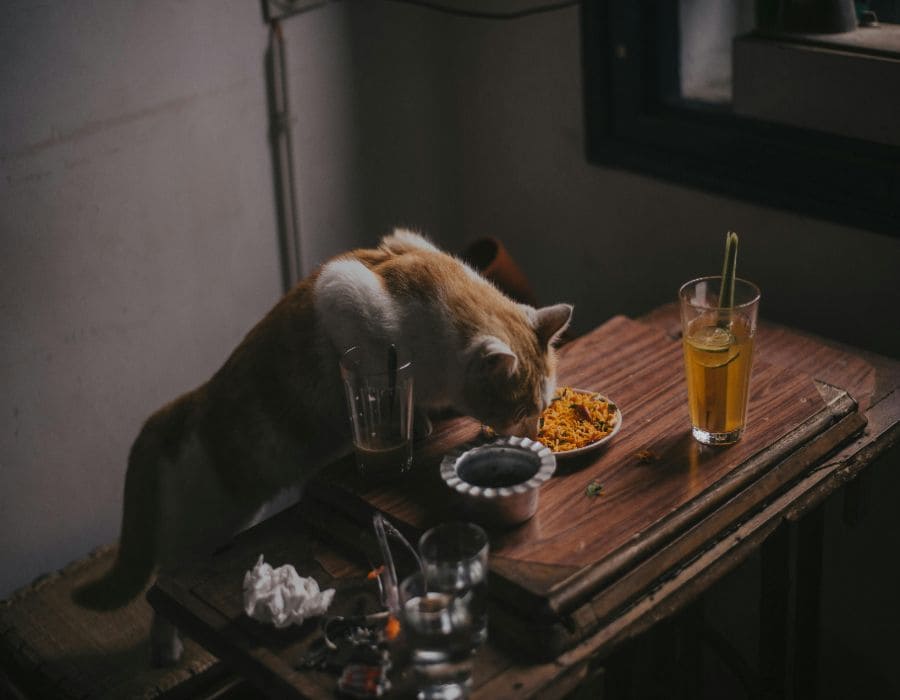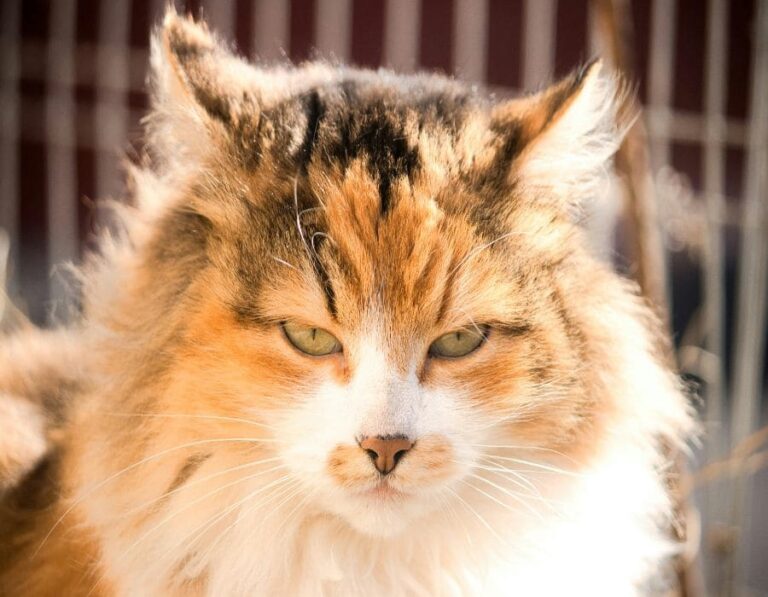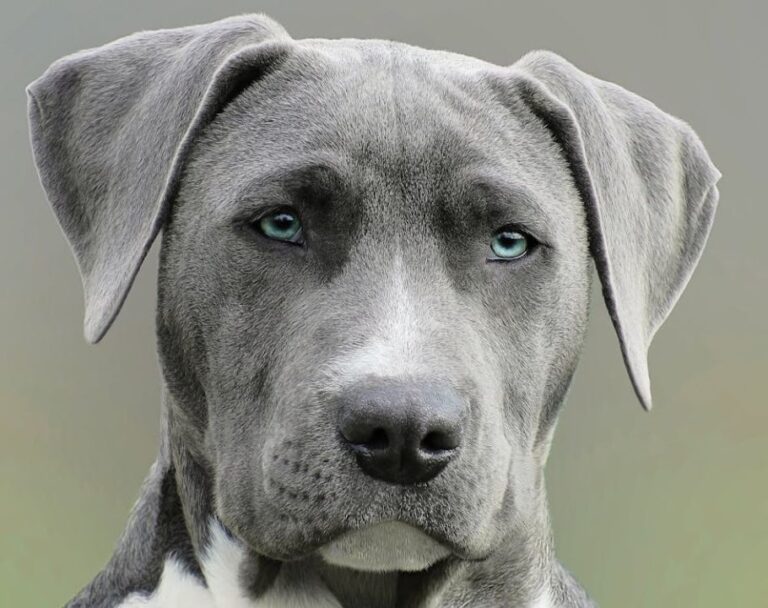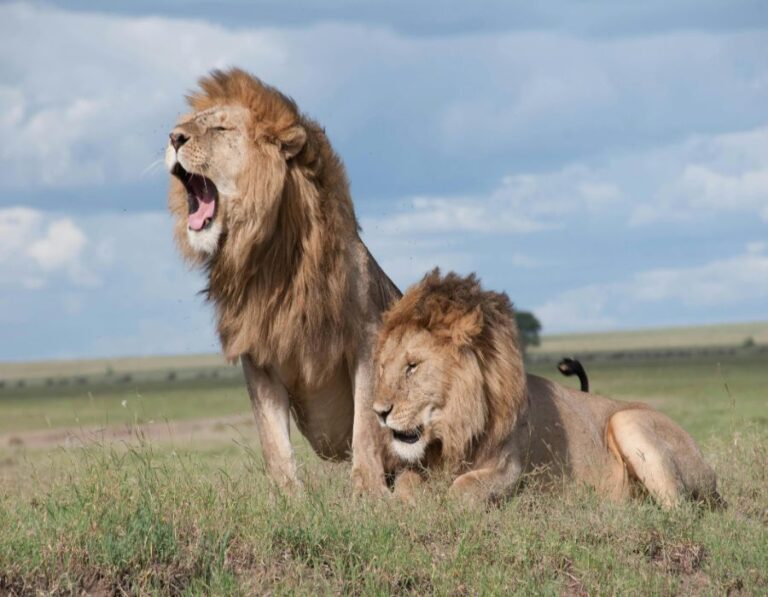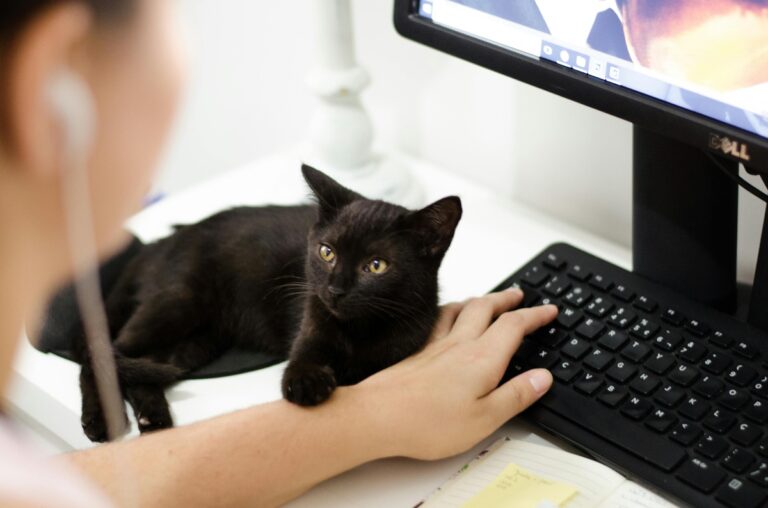13 Reasons Why Your Cat Isn’t Eating and How to Help Them Thrive
It can be alarming when your cat suddenly stops eating, especially when they’re typically food-driven. Cats can refuse to eat for a variety of reasons, some minor and others more serious. As a pet owner, it’s important to pay attention to changes in your cat’s eating habits, as these could signal underlying health issues. Here are 13 reasons why your cat isn’t eating and what you can do to help them thrive.
1. Stress or Anxiety

Cats are creatures of habit, and any changes in their environment or routine can cause stress. Stress or anxiety can lead to a loss of appetite, particularly if there have been significant changes in the household, such as new pets, moving, or loud noises. To help your cat feel secure, try to maintain a calm and stable environment. Offering a quiet and safe space can also help reduce stress.
2. Dental Problems
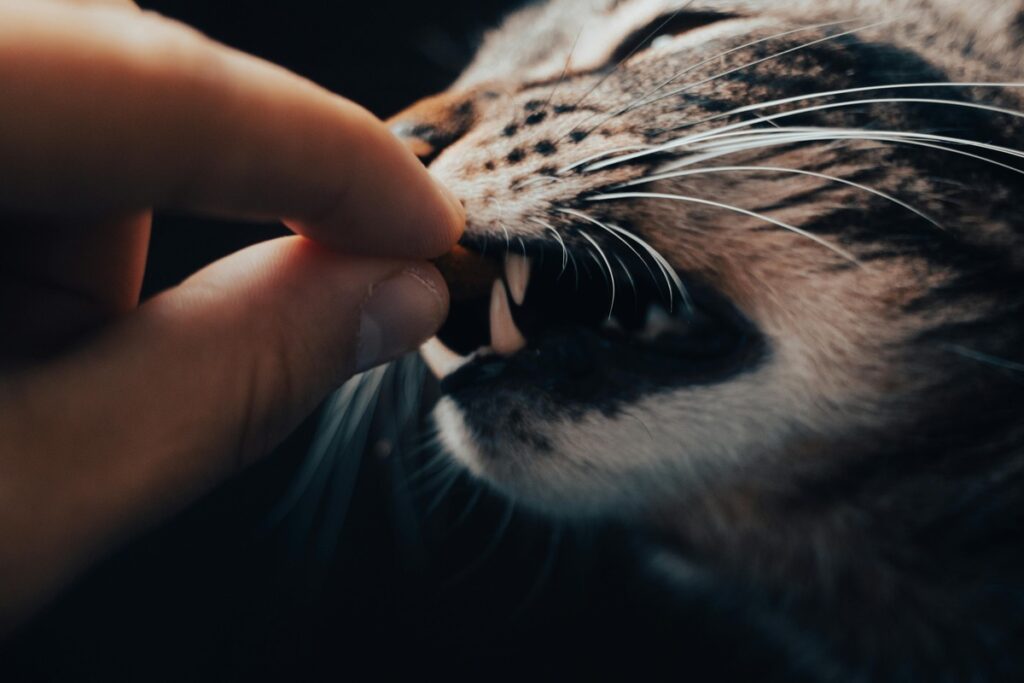
Just like humans, cats can suffer from dental issues that make eating painful. Gum disease, tooth decay, or abscesses can cause discomfort while chewing, leading your cat to avoid food. If your cat shows signs of bad breath, drooling, or pawing at their mouth, it’s essential to take them to the vet for a dental check-up. Regular dental care and cleanings can help prevent such issues.
3. Health Problems or Illness
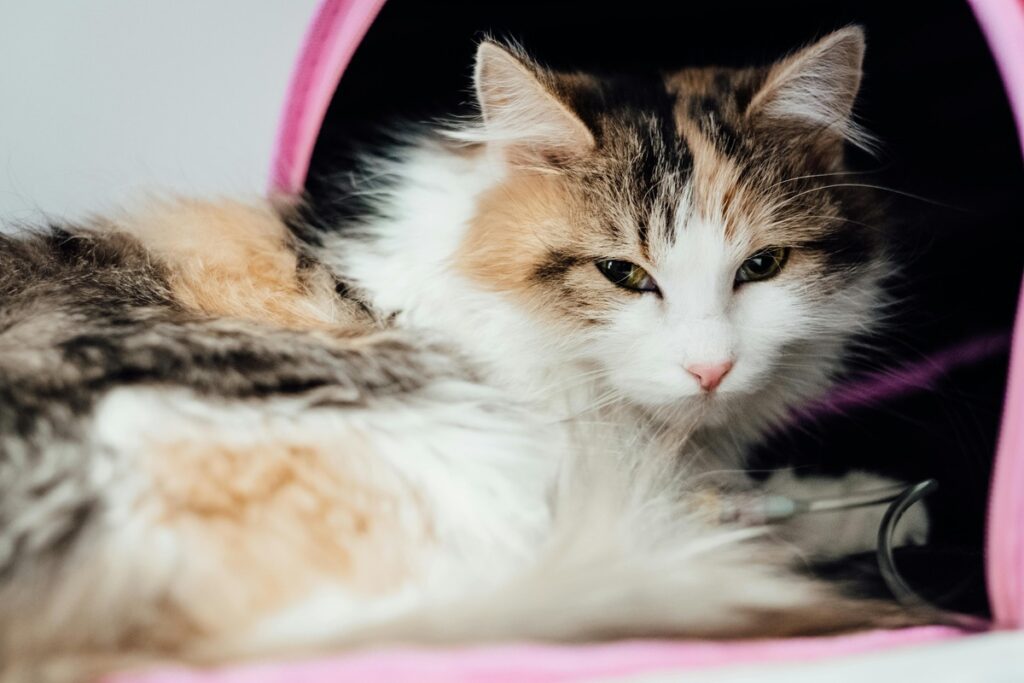
Various health conditions, including infections, kidney disease, liver disease, and digestive disorders, can cause a loss of appetite. If your cat’s lack of appetite lasts for more than a day or is accompanied by other symptoms like lethargy, vomiting, or diarrhea, it’s important to consult a vet for a proper diagnosis and treatment plan. Chronic illnesses often require long-term management, so early detection is key.
4. Change in Diet or Food Type

Cats can be picky eaters and may refuse food if it’s changed suddenly. If you’ve recently switched food brands or changed the type of food, your cat may not like the new flavor or texture. Gradually transitioning between foods over the course of several days can help ease the adjustment. Stick to a consistent feeding routine to avoid upsetting your cat’s stomach or appetite.
5. Nausea or Upset Stomach
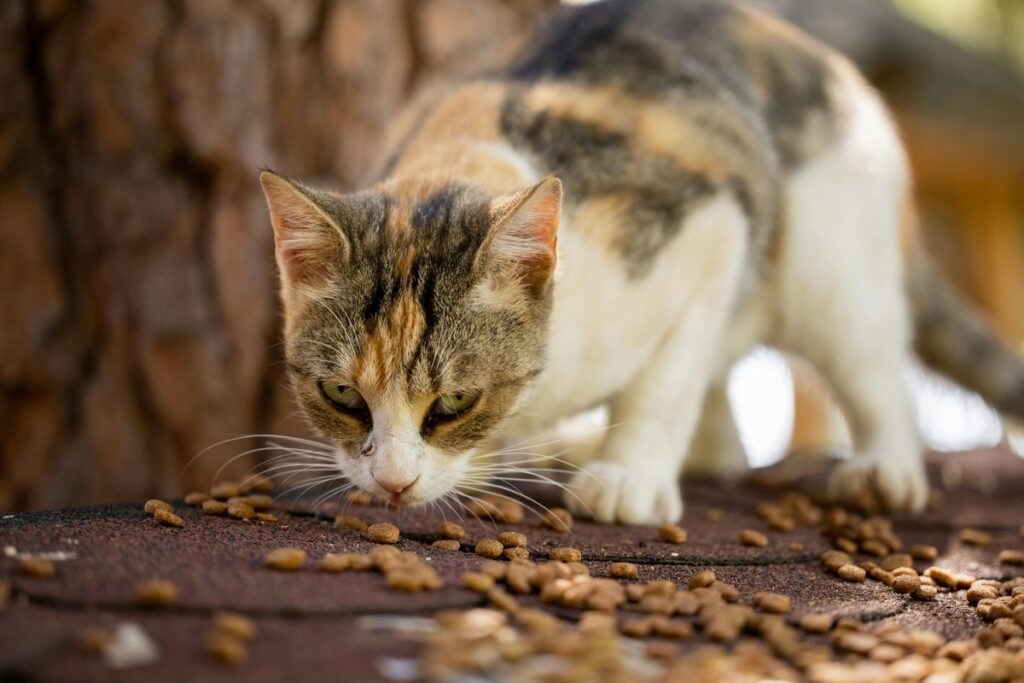
Just like us, cats can experience nausea or an upset stomach, which can lead to a lack of appetite. If your cat has eaten something that doesn’t sit well with their stomach or has a sensitive digestive system, they may avoid food. Vomiting or diarrhea often accompanies nausea, but if you notice these signs, it’s best to consult your vet for advice on how to help your cat recover.
6. Age-Related Issues
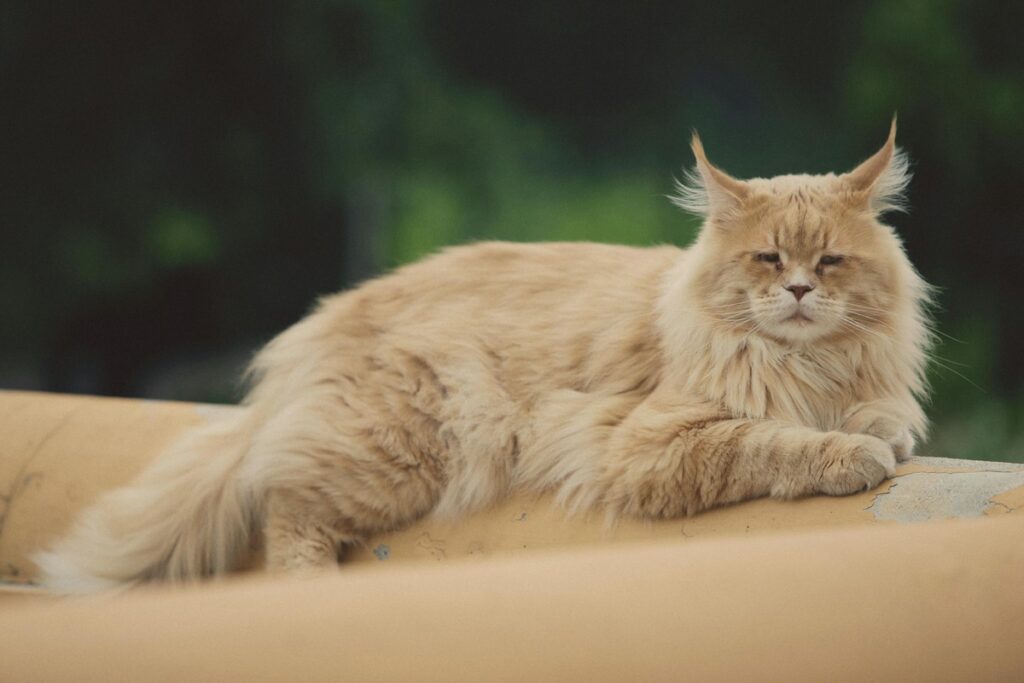
As cats age, they may experience a decrease in appetite due to dental issues, arthritis, or a slower metabolism. Senior cats are also more likely to develop health conditions like kidney disease or hyperthyroidism, which can affect their appetite. If you have an older cat, regular vet visits and adjustments to their diet and lifestyle can help ensure they stay healthy and happy.
7. Pain or Injury
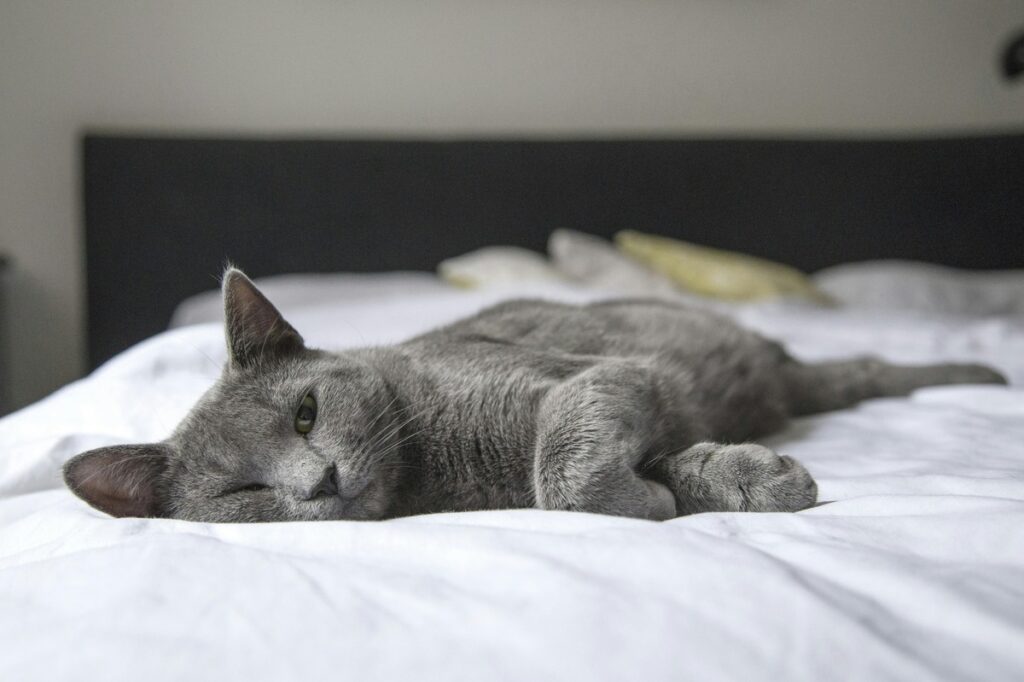
If your cat is in pain from an injury or an internal issue, they may refuse to eat. Arthritis, abdominal pain, or injuries to the mouth can make eating uncomfortable. If your cat is suddenly refusing food and showing signs of limping, hiding, or being unusually irritable, a visit to the vet is necessary to diagnose the problem and address their pain.
8. Food Texture Preferences
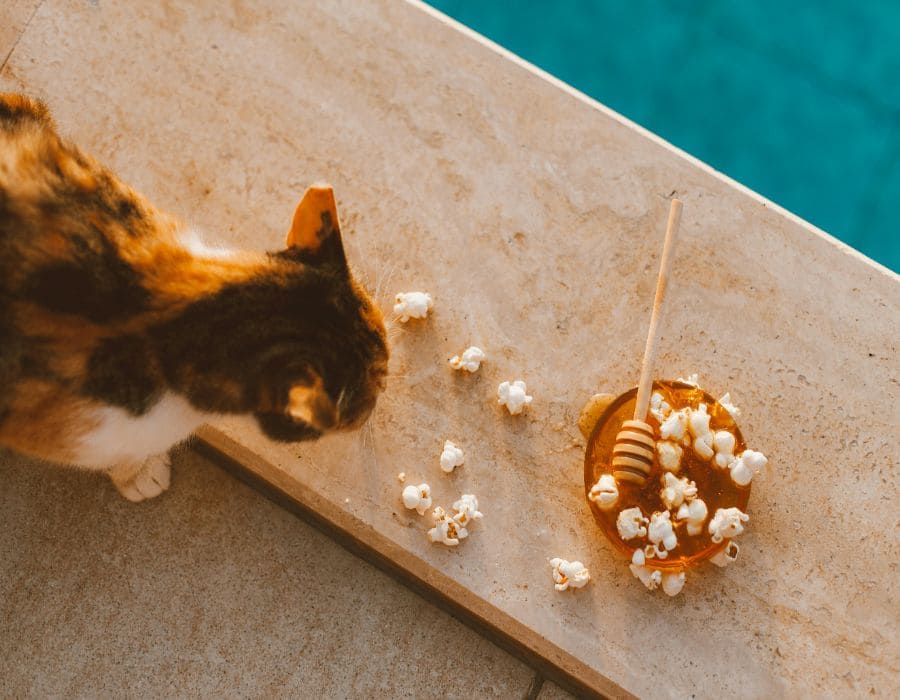
Some cats are particularly picky about the texture of their food. While some cats may prefer wet food, others might only eat dry food. If your cat refuses to eat a particular type of food, try offering different textures, like switching from canned food to dry kibble, or try mixing both to entice them. Finding the right food texture can make a huge difference in getting your cat to eat.
9. Parasites
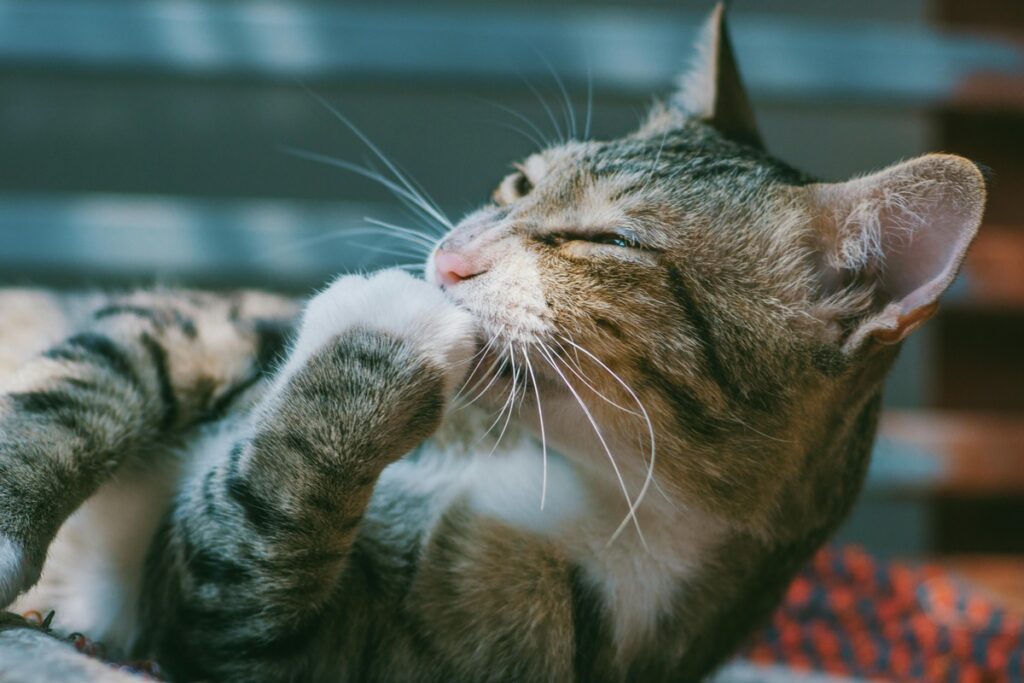
Internal parasites such as worms or protozoa can make your cat feel uncomfortable and nauseous, leading to a loss of appetite. These parasites can also cause other symptoms like weight loss, vomiting, and diarrhea. If you suspect your cat has intestinal parasites, take them to the vet for a stool test and the appropriate treatment, such as deworming medication.
10. Pregnancy
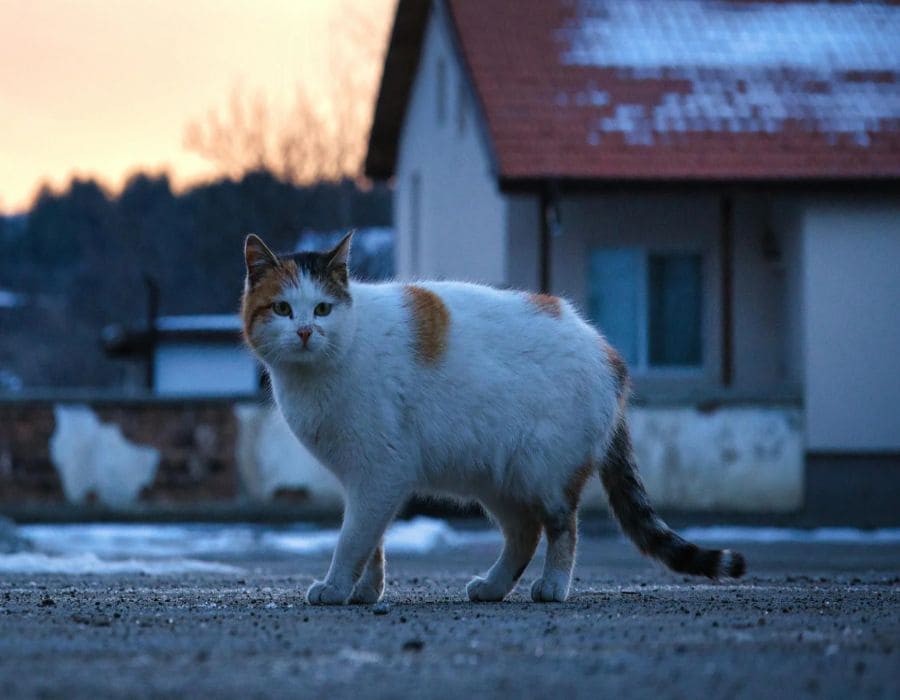
If you have an unspayed female cat, and she suddenly refuses to eat, pregnancy could be the cause. Many pregnant cats experience morning sickness, which can lead to a loss of appetite. If you think your cat may be pregnant, consult your vet to confirm the pregnancy and provide guidance on how to support her during this time.
11. Heat Cycle (Estrus)
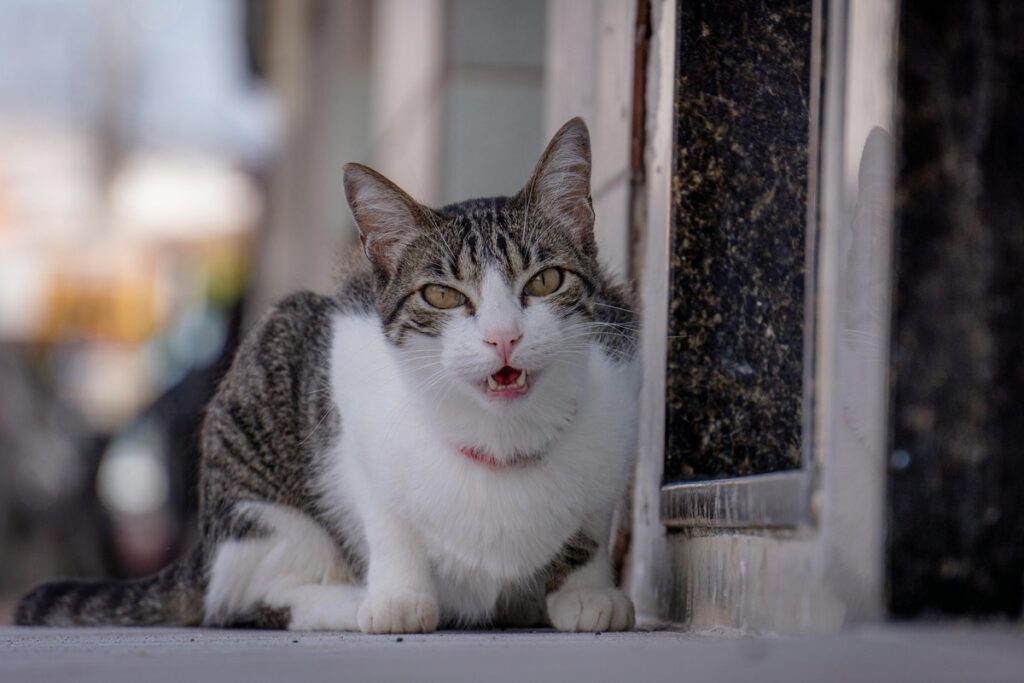
Female cats that are not spayed may refuse to eat during their heat cycle (estrus). During this time, they experience hormonal changes that can cause a loss of appetite, restlessness, and increased vocalization. Spaying your cat can help prevent these cyclical issues and is also beneficial for their overall health.
12. Environmental Stressors
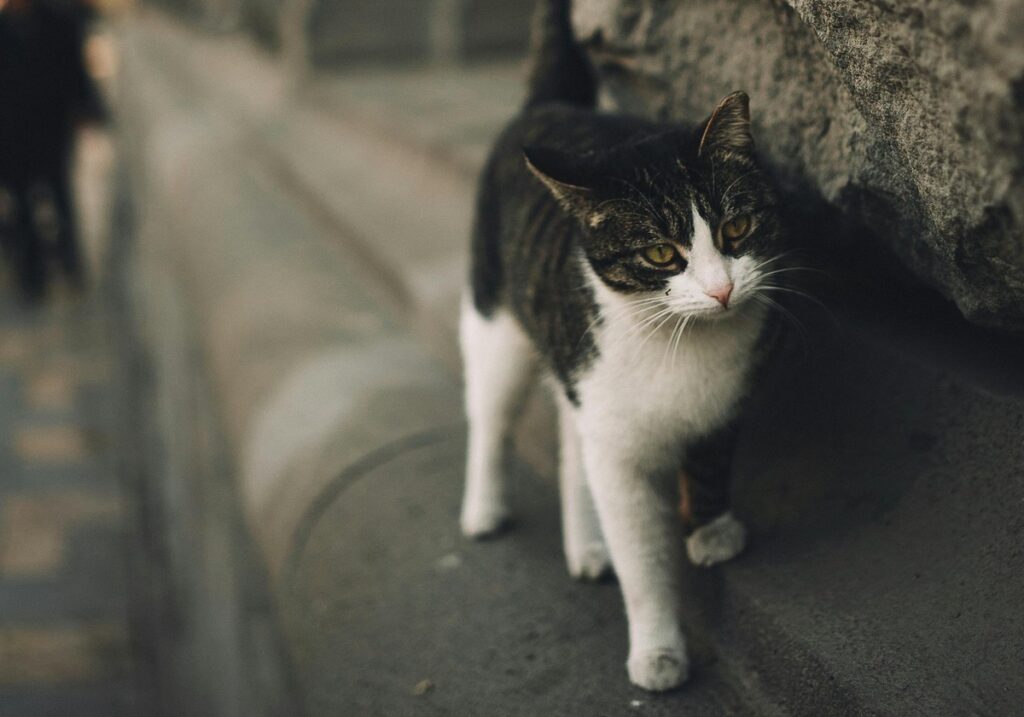
Environmental factors, such as new pets, changes in the household, or even the introduction of new furniture, can stress your cat and cause them to stop eating. Cats are creatures of habit and can be sensitive to their environment. Try to minimize changes in their living space and give them time to adjust to any new additions or shifts in the household.
13. Feline Obesity
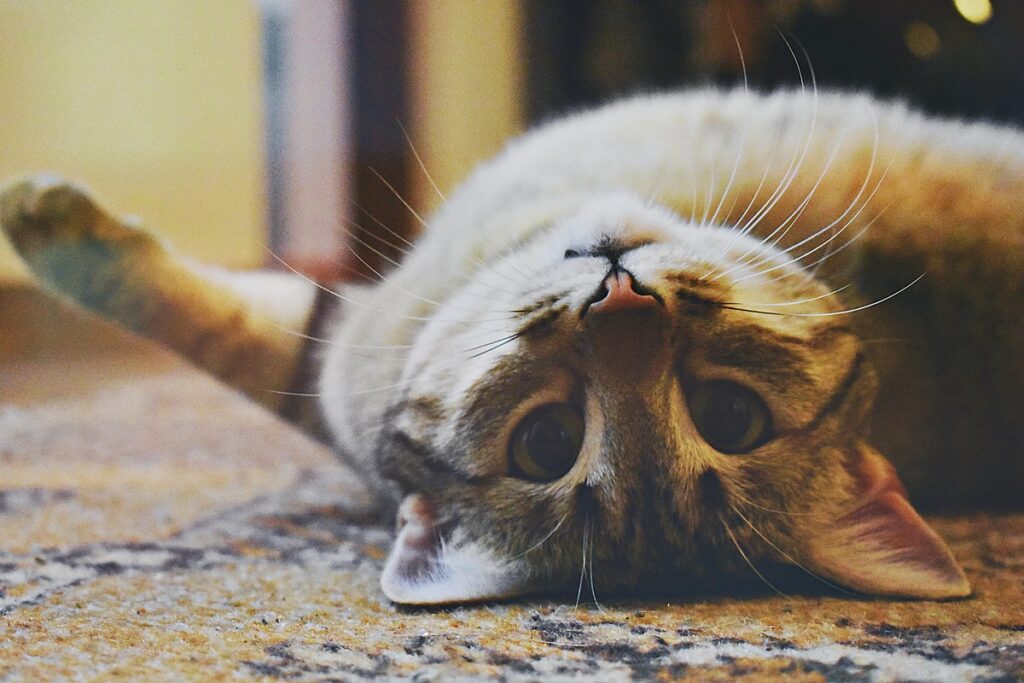
Obesity in cats can lead to a decreased appetite as the body’s systems become unbalanced. Overfeeding your cat or offering food too often can lead to weight gain, which in turn may cause your cat to lose interest in eating. A proper diet, portion control, and regular exercise can help prevent obesity and encourage healthy eating habits.
Helping Your Cat Thrive: What You Can Do
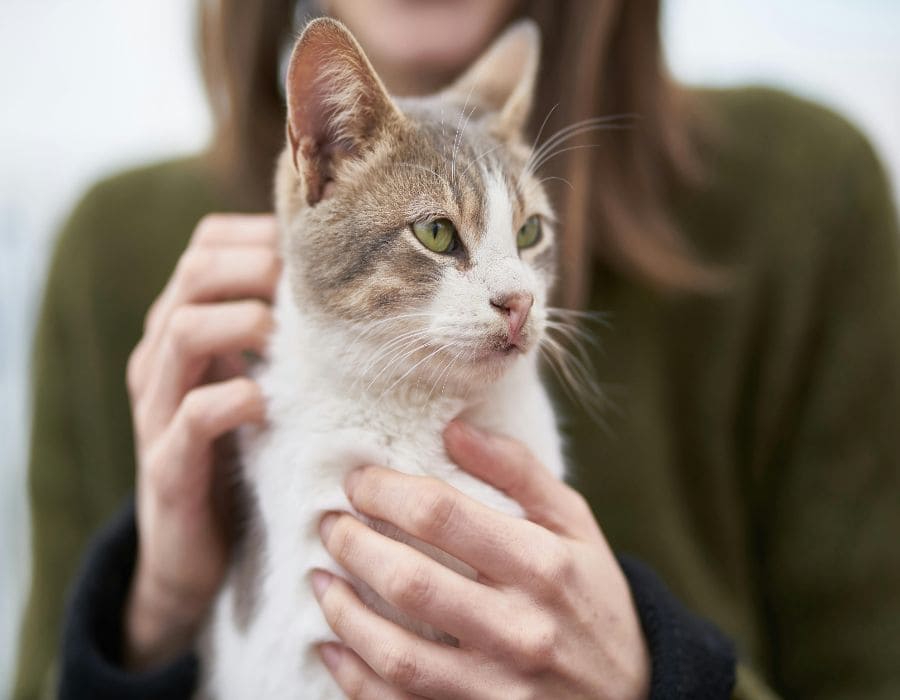
If your cat isn’t eating, it’s essential to monitor their behavior closely and take action early. Here are a few tips on how to help them thrive:
- Visit the Vet: If the loss of appetite persists, it’s best to consult your veterinarian. Early diagnosis and treatment are crucial for addressing underlying health issues.
- Encourage Eating: Offer warm, fresh food, and try offering wet food or food with different textures to entice your cat. You can also try hand-feeding or offering small, frequent meals to encourage eating.
- Create a Stress-Free Environment: Ensure your cat’s environment is calm and free from stressors. Provide them with a quiet space to relax and reduce loud noises or disruptions.
- Monitor Their Weight: Keep an eye on your cat’s weight and condition. If they continue to lose weight, it’s important to address the issue with your vet.
Conclusion

When your cat isn’t eating, it’s important to understand that there could be several reasons behind it, from stress and illness to environmental changes and dietary preferences. By being proactive and observing your cat’s behavior closely, you can identify the root cause and help your feline friend return to their happy, healthy self. Whether it’s scheduling a vet visit, adjusting their diet, or minimizing stress, these steps can ensure your cat thrives for years to come.

